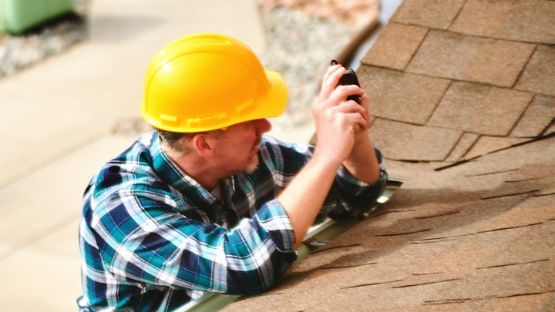This is important for two reasons: preventing anyone from injuring themselves in a fall; and protecting yourself from a fine, or worse, a lawsuit.
Municipalities have varying rules and regulations for the clearing of snow and ice, but homeowners should also be aware that they could be liable should an injury occur on or in front of their property.
“We see a number of insurance claims each year involving injuries resulting from falls on ice and snow,” states Glenn Cooper from Aviva Canada. “And while an insurance policy is there to protect you from such hardship, a few simple steps can prevent the stress of a lawsuit.”
Cooper recommends:
- Shoveling right away—when possible, start moving the snow soon after it has fallen. Even if it means having to shovel twice—two lighter loads will be easier on your back and arms than tackling it all at once.
- Salt, salt, salt—It’s cheap and can prevent hard to move ice from forming.
- More than a shovel—brooms for light snow and metal ice breakers for the harder accumulations can both come in handy over the winter.
“Do you know who shops for snow and ice removal equipment after the first big blast of winter? Everybody. So get to the store early this year to ensure you’re not left moving snow with your kid’s novelty shovel,” Cooper continued.
As a homeowner, the first consideration is the safety of those walking on your sidewalk, but it’s also about protecting yourself from costly fines and lawsuits, something we all want to avoid.













